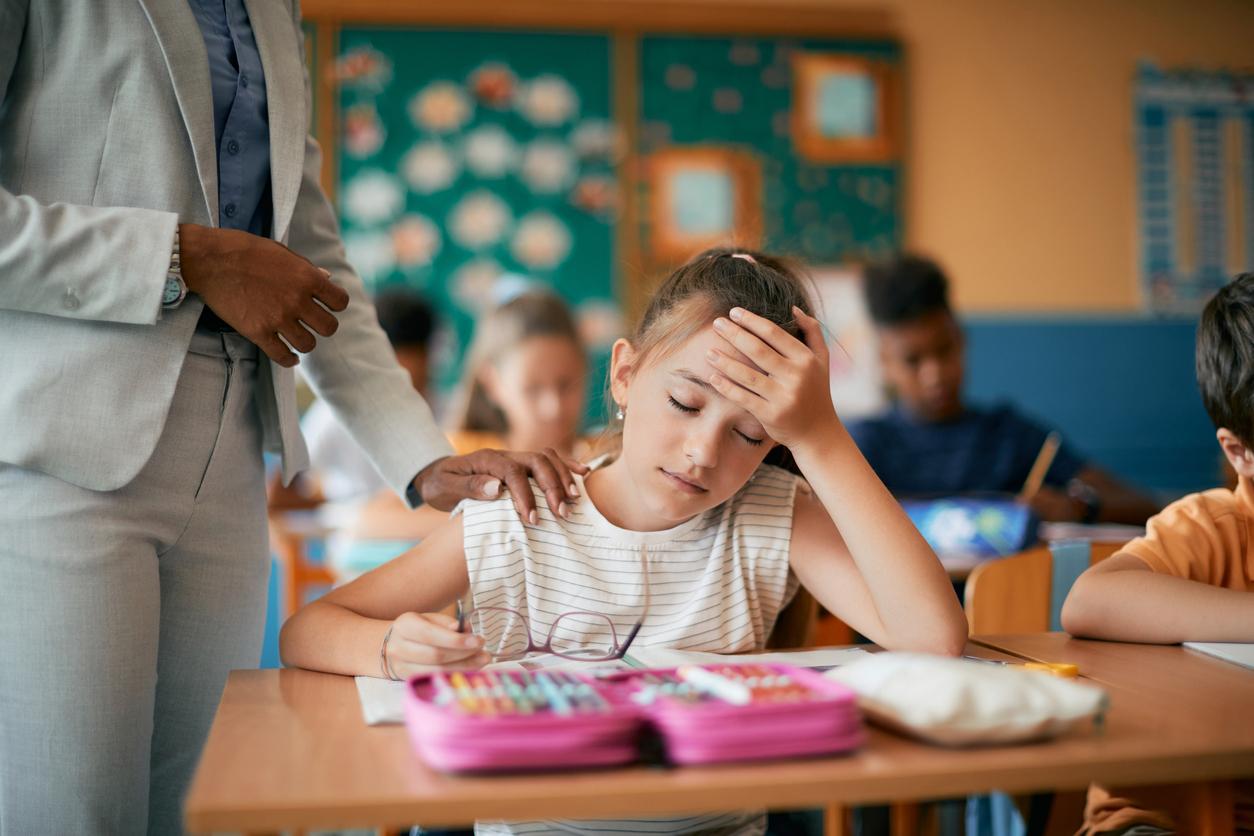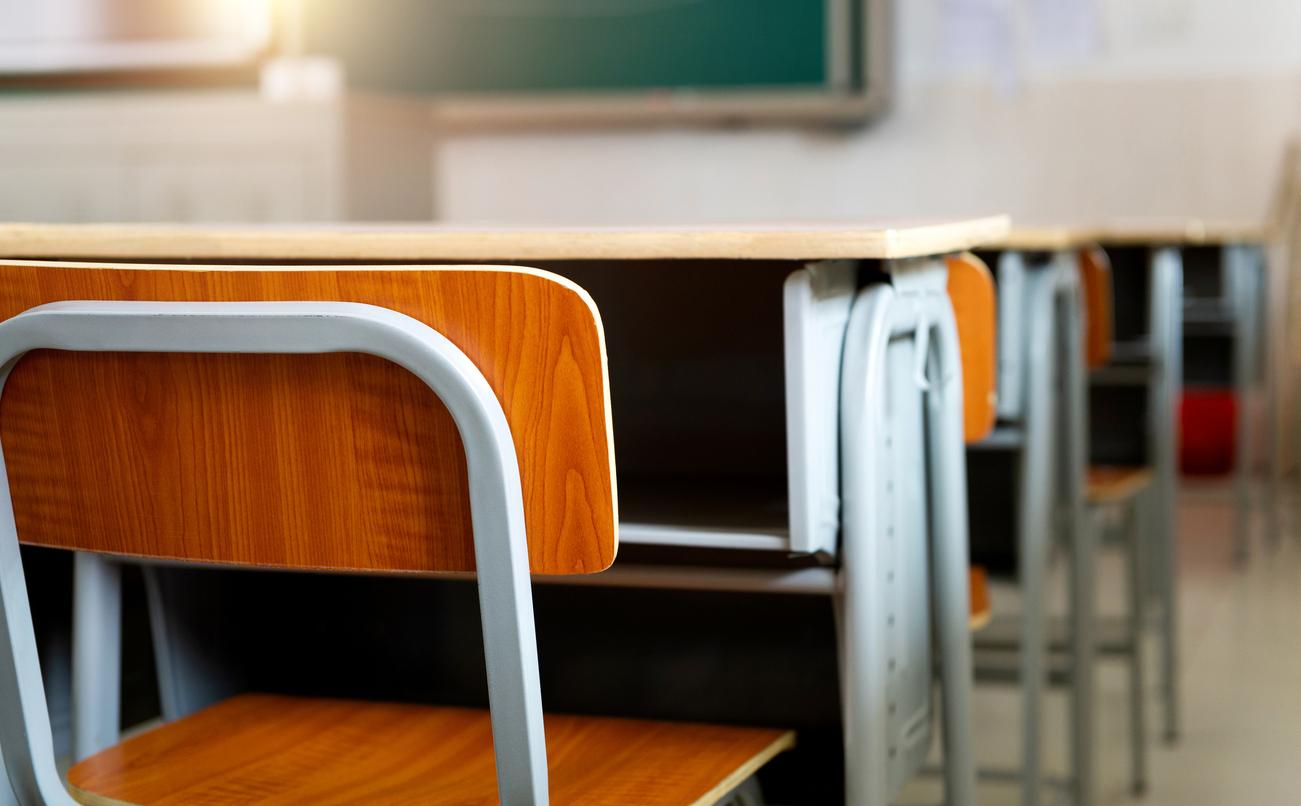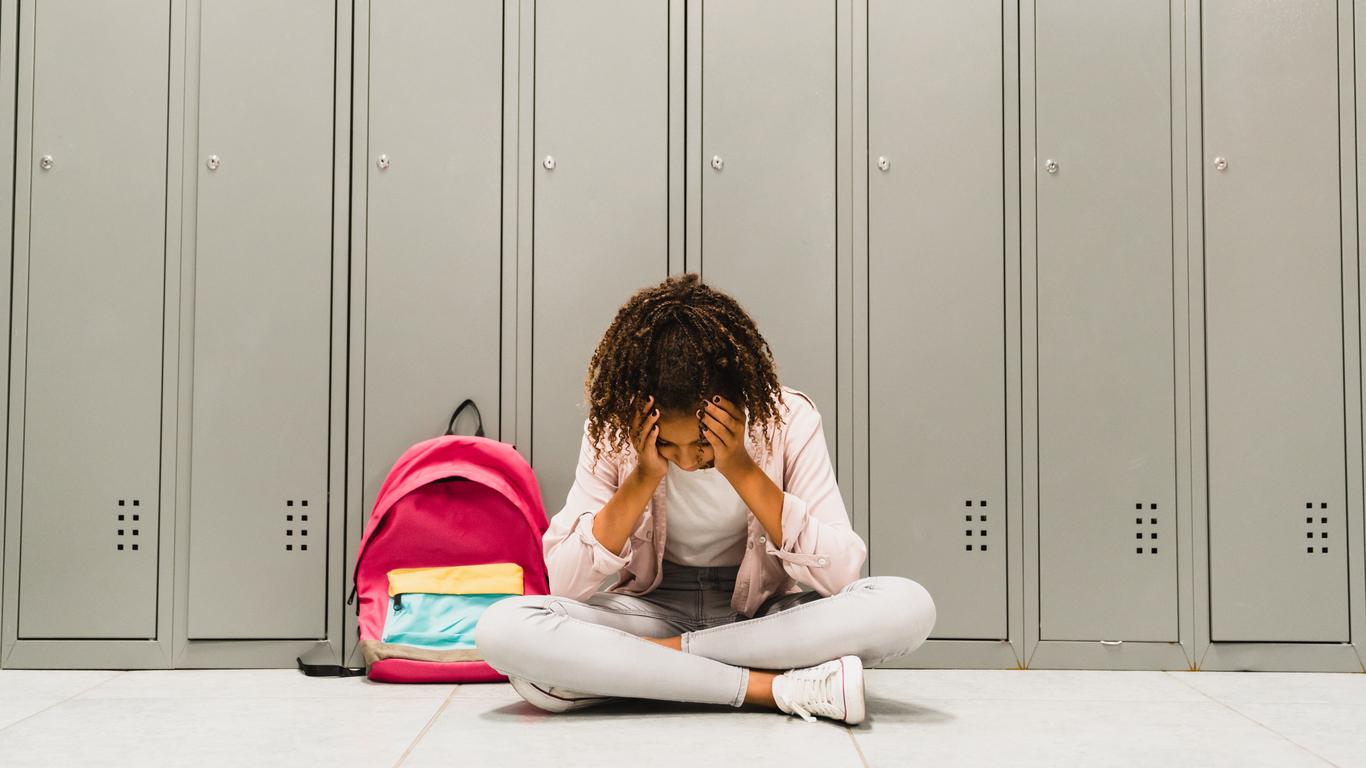Middle and high schools should delay the start of class time to 8:30 am or later. This will make it possible to harmonize school hours with the biological rhythms of adolescent sleep.
Numerous studies show that adolescents who do not get enough sleep often suffer from physical and mental health problems,obesity, an increased risk of road accidents and a decline in school performance. But getting enough sleep for teens is complicated because their cycles prevent them from falling asleep before 11 p.m. And, they often attack college early in the morning.
While it is essential that parents establish rules and limit the number of hours spent in front of a screen before bedtime because they interfere with falling asleep, school rhythms should also adapt to adolescent cycles.
“Studies have shown that delaying the time of first class is a key factor that can help teens get the sleep they need to grow and learn,” says pediatrician Judith Owens, lead author of this study.
“Chronic sleep loss in children and adolescents is one of the most common. But, it is easily repairable and action needs to be taken. Because, these sleep disorders are, from my point of view, a real public health problem in the United States today, ”says pediatrician Judith Owens.
Lack of sleep cannot be recovered
But, adolescents sleep less. A significant sleep deficit was noted by the last two surveys of the National Institute for Health Prevention (Inpes) on the health of young people: nearly 30% of 15-19 year olds are in sleep debt and at 15 years old , 25% of adolescents sleep less than 7 hours per night. Ideally, they should sleep 9:30 on average to be in good shape.
“Taking a nap, sleeping more on weekends, or consuming caffeine may temporarily counteract drowsiness, but they do not restore optimal alertness and are not effective substitutes for sleepiness. regular lack of sleep »Recalls the PAA in his study.


















